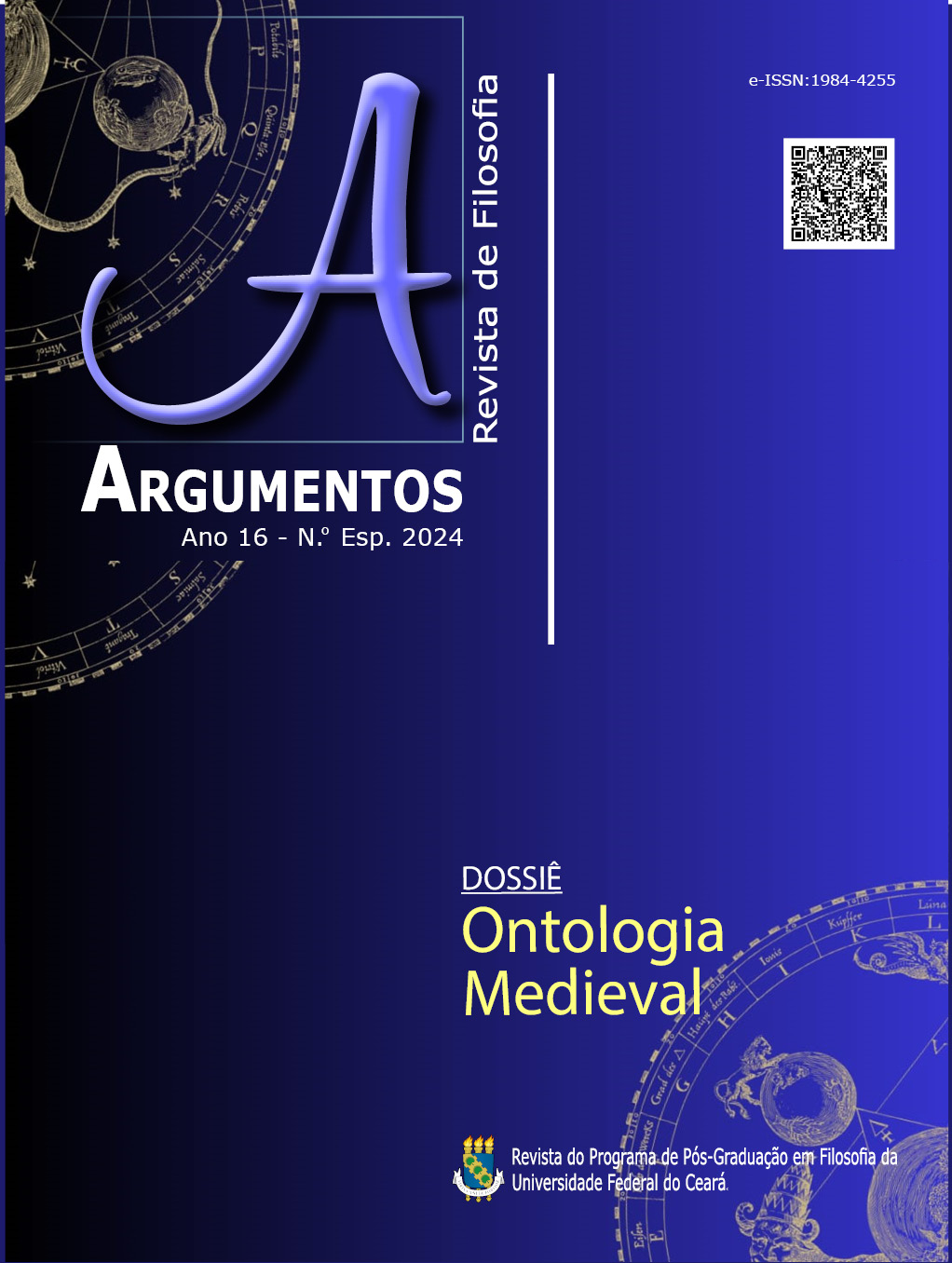Talking with Sellars about rules
Keywords:
Language. Practice. Rules. Sellars. Prescriptive paradigm.Abstract
Sellars poses the questions, "What is language?" and "How do we learn language?" and sets out to answer them. But these questions are very interesting, and we want to answer them too. This gives rise to our conversation, which resembles a meeting of two people talking to themselves — (like any other conversation). Thus, the two stories unfold in parallel, at times converging and at times diverging. But it never fully resolves. This is because Sellars has in mind the descriptive paradigm of language, while we want to discuss the prescriptive paradigm. Once this becomes clear, we set Sellars aside and begin outlining our notes for a prescriptive semantics of language.
References
HAUGELAND, John. Artificial intelligence: the very idea. Cambridge: MIT Press, 1996.
HAUGELAND, John. Semantic engines: an introduction to mind design. In: HAUGELAND, John (Ed.). Mind design. Cambridge: The MIT Press, 1981. p. 34-50.
SELLARS, Willfrid. Empiricism and the philosophy of mind. Cambridge: Harvard University Press, 1997.
SELLARS, Wilfrid. Some reflections on Language Games. Philosophy of Science, v. 21, n. 3, jul./1954, p. 204-228.
WITTGENSTEIN, Ludwig. Philosophical Investigations. Translation by G.E.M. Anscombe, P. M. S. Hacker and Joachim Schulte. West Sussex: Blackwell Publishing Ltd., 2009.
Downloads
Published
Issue
Section
License
Copyright (c) 2024 Ralph Leal Heck, Carlos Eduardo Fisch de Brito

This work is licensed under a Creative Commons Attribution 4.0 International License.
Argumentos magazine is licensed under an International Creative Commons Attribution License.
The Magazine uses CC BY inclusion
1) The authors retain the copyright granted to the magazine or the right to initial publication, with the work regularly licensed under the Creative Commons Attribution, which allows the sharing of the work with acknowledgment of authorship and initial publication in this magazine.
2) The authors are authorized to contract additional applicable contracts, for non-exclusive distribution of the version of the work published in this journal (for example, publication in the institutional repository or as a chapter of the book), recognition of authorship and initial publication in this journal.
3) Authors are authorized and encourage to publish and distribute their work online (for example, in institutional repositories or on their personal pages) at any time before or during the editorial process, as they can generate productive changes, as well as increase the impact and reference of published work.




.jpg)










._._3.png)
1.jpg)
._._._.png)
